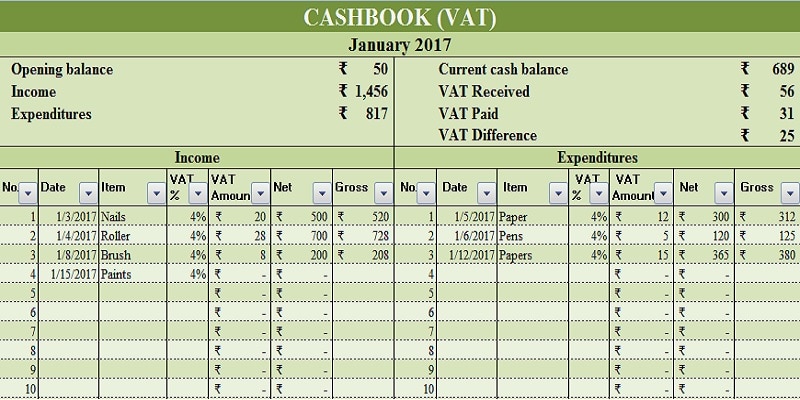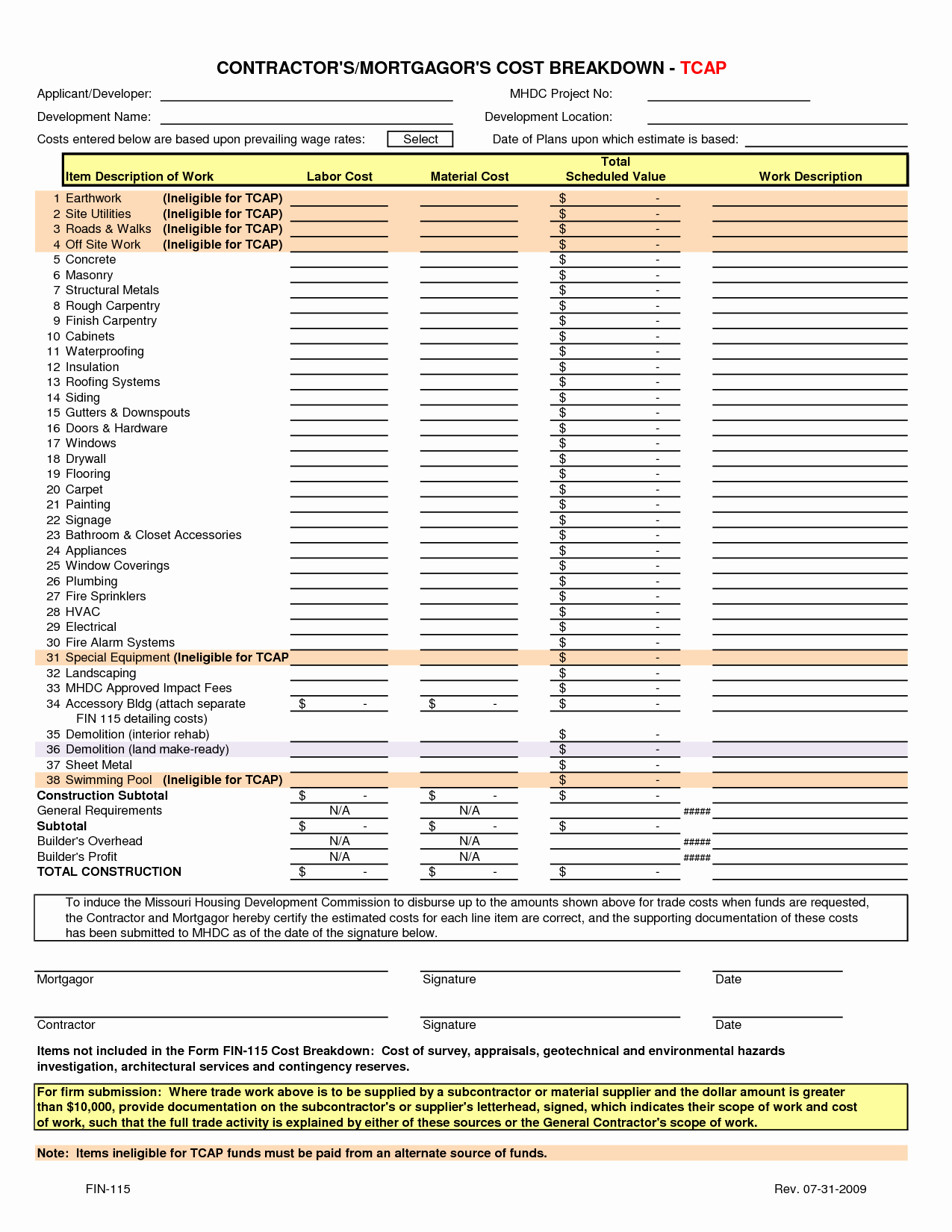

The differences between extension of time claims and prolongation costs claims were explained in Costain Limited v Charles Haswell & Partners Limited 5:

It is also important to remember that the analysis necessary to establish a Contractor’s entitlement to an extension of time is different to that needed to establish entitlement to prolongation costs. In other words, time doesn’t always equal money. The “ excusable delay”, in respect of which the Contractor is entitled to an extension of time, may be different to the “ compensable delay” in respect of which the Contractor is entitled to its prolongation costs.
#Are contractor expenses full#
This is because where there are other non-critical Contractor delays on the project, the scale of those delays may mean that the Employer Risk Event doesn’t cause additional costs to be incurred for the full period of the extension of time awarded to the Contractor. “… although prolongation costs are often seen as the financial side of a “delay claim ”, there is no automatic entitlement to loss and expense or damages even if a right to an extension of time is established.” 4 It is sometimes assumed that, where a Contractor is granted an extension of time, prolongation costs should automatically flow. Prolongation costs are often considered to be the financial element of a Contractor delay claim. When claiming prolongation costs, the Contractor will generally need to demonstrate that it has actually incurred costs/losses because of delay, and that it would not have incurred those costs/losses but for the Employer Risk Event.Įxtensions of time and prolongation costs “The objective is to put the Contractor in the same financial position it would have been if the Employer Risk Event had not occurred.” 3 The SCL Delay & Disruption Protocol puts it like this: Prolongation costs are intended to compensate the Contractor for its time-related costs which it would not have incurred but for the Employer-risk delay event.

“… costs and losses incurred as a result of delays to the activity in question or the works as a whole which have led to critical delay to the contract completion date.” 2 Keating on Construction Contracts defines prolongation costs as: Prolongation costs are those time-related costs incurred by the Contractor as a result of critical delay to the Works (and therefore an extension of the contract period) for which the Contractor is not responsible. Where the critical delay to the Works is the Employer’s risk, however, the Contractor may be entitled to prolongation costs (which are also known as loss and expense). Where critical delay to the project is the responsibility of the Contractor, the financial remedy for the Employer is liquidated (or general) damages. The Employer does not have use of its building on the date originally intended, and the Contractor incurs time-related costs. Where a construction project suffers from delays, those delays cost money for all involved. In this Insight, we provide a comprehensive guide to prolongation costs looking at the basic law governing when they can be claimed, the rules under key domestic standard construction contracts and then deep diving into specific categories of prolongation costs. Likewise, the terminology used in such claims is often used without a proper understanding of what it means.
#Are contractor expenses how to#
Notwithstanding this, the basic rules governing if prolongation costs are recoverable, and how to prove the quantum of those costs, are all too often ignored. Claims for prolongation costs are bread and butter for those working in construction disputes.


 0 kommentar(er)
0 kommentar(er)
